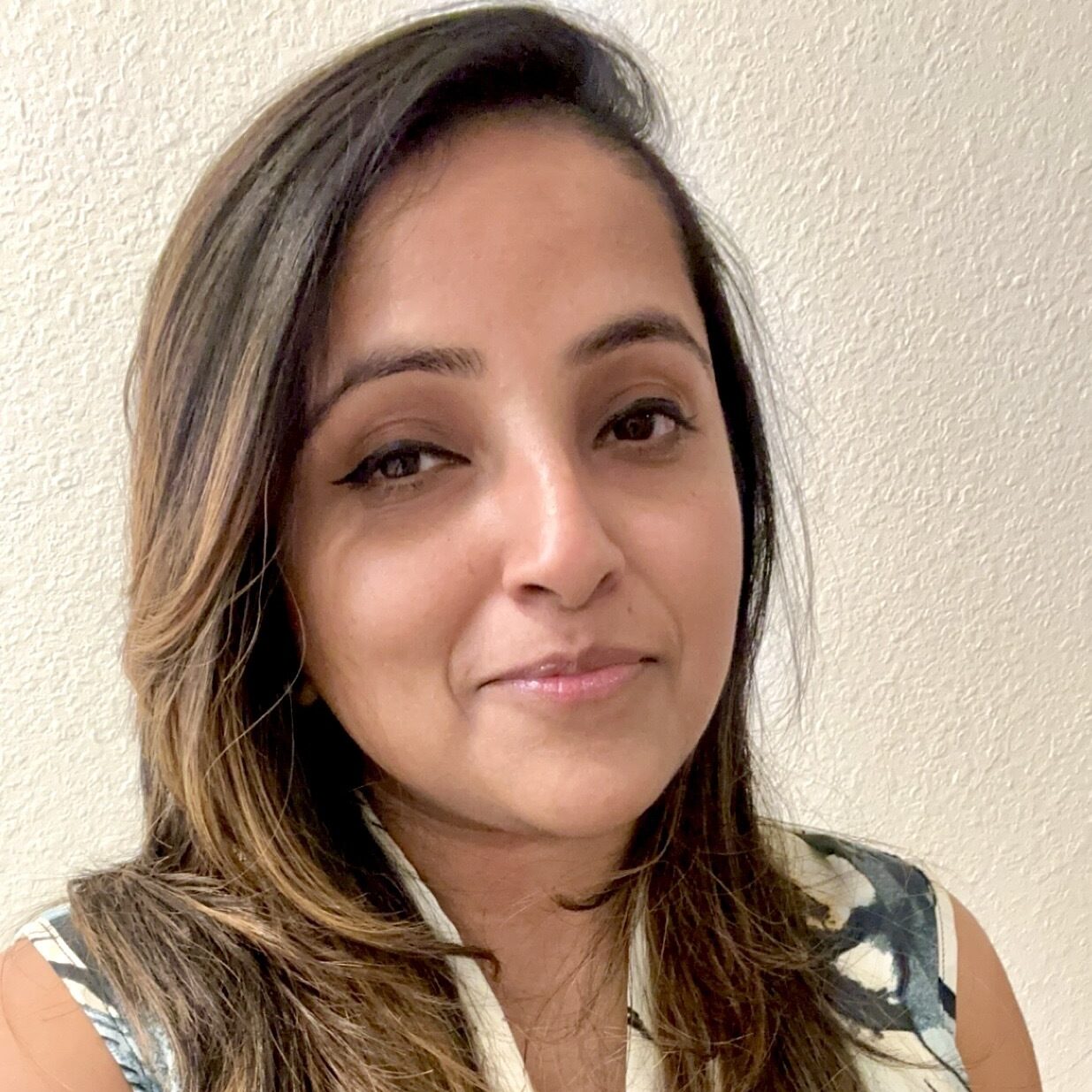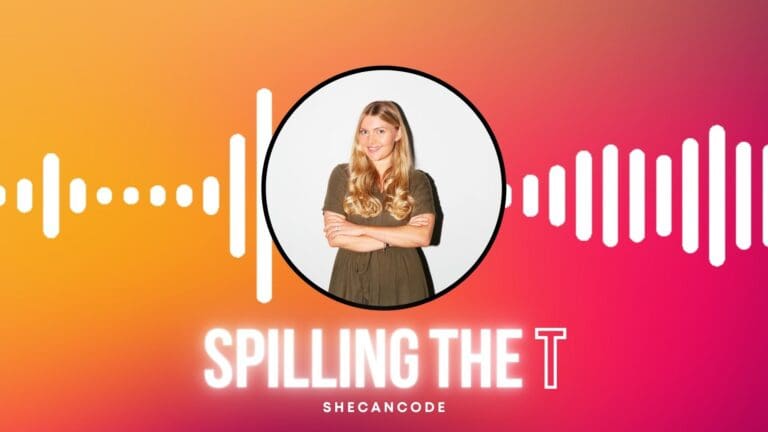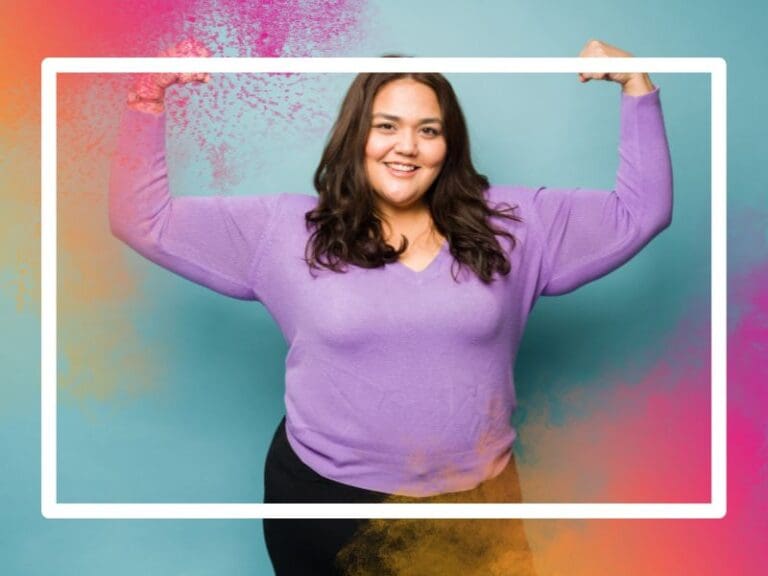Neha Srivastava is a Staff software engineer at Attentive.

With over a decade of experience in various Fortune 500 companies, she excels in designing robust distributed backend systems. Her passion extends beyond technical skills to diversity and inclusion in the technology workforce. She also runs a decolonial feminist nonprofit called Shaktitva. Her profile is a great example of Highlighting Technical Skills on Resumes while also demonstrating the importance of Creating a Strong Cover Letter that reflects a commitment to broader values.
When it comes to interview preparation, most candidates focus on the technical aspects.
However, in my 12 years of experience in the industry as a candidate, interviewer and now as a hiring committee member at Attentive, the difference between a good hire and a great hire often comes down to how effectively the candidate can communicate in both technical and behavioral rounds.
Understanding the interview process
Before we dive in, it’s important to understand the interview process and the communication requirements for each round. Making sure you understand the expectations of the role is an essential first step. While some companies – typically startups – are looking to hire for a specific role, larger companies often have the flexibility to hire a good engineer that meets their expectations, and find a team fit for them later.
The Resume Selection
The resume is your first chance to make a good impression. Typically a one-page resume is preferred, and the experience section should be thoughtfully crafted. Creating a Strong Cover Letter Recruiters will want to hear about the work which you significantly contributed to, or even led. Projects that you can discuss in depth and mention by name will be the best reflection of your work. I recommend finding a suitable name for your project if you don’t already have one, since it makes for a good talking point for many rounds and it makes it easy for the interviewers to recall your work. The rest of the experience can be through bullet points.
Resume-crafting is a skill and it can take some work to get it right. Resume Analyzer, a project I helped develop, will provide feedback on your resume using AI.
The Recruiter Screen
The purpose of this round is for the recruiter to get to know you better. Rather than going in unprepared, work on an introductory speech to describe your experience succinctly. It’ll help give them a good idea of you, your work, and your ability to effectively communicate. Mentioning your career goals will also help to highlight your ambitions, which should align with the role you’re applying for.
To make a memorable impression and stand out from the crowd, pick a recognizable project from your resume and discuss your technical contributions, challenges and deliverables in some detail. Make sure that the experience you mention is also reflected in your resume – it can help to make your profile more recognizable. You should also describe your career goals so they can find a role that suits your aspirations.
Feel free to share your compensation expectations. If you’re unsure about what to expect, you can do market research to gauge what other developers are paid in the industry. The compensation expectations do not need to be based on your last compensation, but on the role in question. This may be more common with women and people of color, but sometimes people think that if they ask for less money, they’re more likely to move forward in the interview process. This is a misconception. It’s important to understand that companies already have a set budget assigned for this role long before the role is even advertised.
The Hiring Manager Screen
The goal here is for the hiring manager to get a good understanding of you as a developer, your competencies, and your experience. When discussing a past project, be prepared to explain the problem statement, the details of the solution, and the technologies you used, and justify your technical decisions. Talk about the business impact of your project and cite stats while doing so. Sprinkling in details about your role will help them get a good picture of your level of involvement.
You may be asked about challenges that you faced in the project. For this, pick a challenge where you’re the hero of the story, and highlight what steps you took to overcome it. Remember technical processes, clearing decision paralysis and clarifying requirements are all part of the technical process, and so you don’t always have to pick a design or code challenge to discuss.
The most important thing in this round is to be open and honest. You’re building a rapport with somebody who may end up being your manager. Don’t make up things that didn’t happen, but talk freely about the things that did.
The Tech Screen (Coding round)
Unless the coding round is automated, the tech screen is as much about communication as it is about your ability to code a solution. The interviewer is assessing your ability to navigate and solve a problem and they need you to walk them through your thought process. Ask clarifying questions to define the scope of the problem.
Though it may seem like this round focuses on proving your technical skills, this stage is in fact crucial to proving your ability to work well in a team. The ability to communicate your ideas with others will position you as a strong collaborator and a good team player.
The System Design Round
This can be a part of the interview process as a tech screen or as part of the onsite or both. The more senior you are, the more important this round becomes. The intention here is to understand your ability to architect technical solutions out of abstract or vaguely defined requirements.
This is a very technical-communication heavy round. Given a vague problem, an ideal candidate should be able to define the scope of the design by asking clarifying questions. The candidate is also allowed to make certain assumptions as long as they are clearly communicated. Make quick back-of-the-envelope calculations to show that you can quantify the problem. Explain your choice of technologies throughout the solution. There are often no perfect choices in architecture, so it’s all about understanding the trade-offs you are making and walking the interviewer through them. If you aren’t sure, evaluate the options you have out loud, so that the interviewer can understand your choices. You know that a system design round is going well when the interviewer feels like a collaborator.
The Onsite
Often the on-site will have more coding and system architecture rounds, however, the focus here is usually on assessing if you’re a cultural fit for the company.
In almost all of the rounds, behavioral assessments are implicit without explicitly saying so. The interviewers want to ensure that you are someone they’d like to work with. If they recommend a solution, or poke a hole in your design, how do you handle that? The ideal candidate here is confident, able to present and justify the technical choices, but also take feedback, change the design and improve on it.
The interviewers want to see if the candidate can navigate the complexities of working in a fast-paced environment, work with people from other job functions and if they are able to work both independently and as part of a team.
Technical interview process can be quite complex and it may be nerve-racking to have to prepare for coding and system design interviews. However, understanding the process, the expectations, and how to best present yourself and your skills will help you stand out from the crowd.







